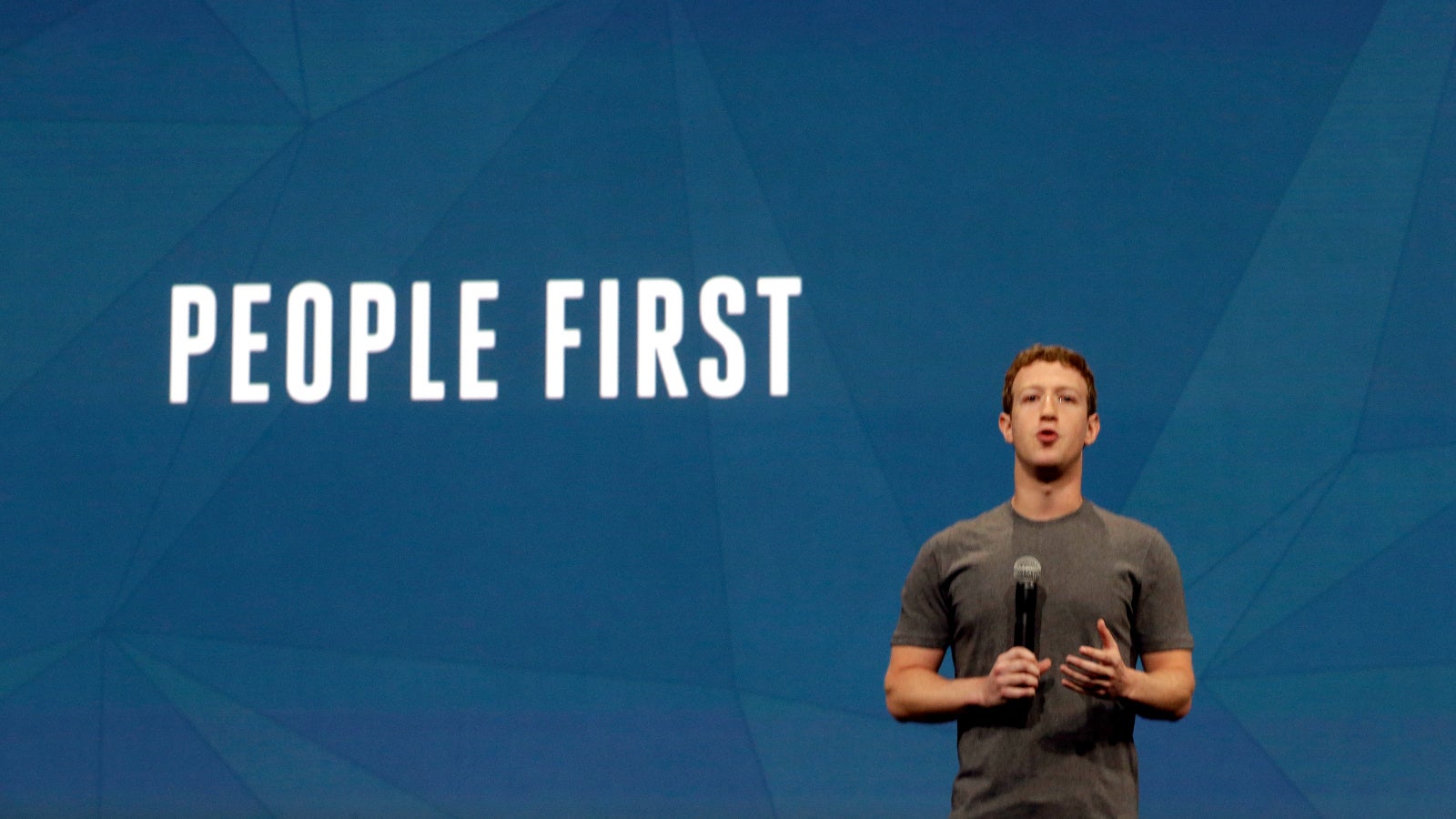Will Silicon Valley abandon its efforts to help poor immigrants?
Google, Microsoft, Facebook, and other technology giants have been aggressively lobbying in recent years for comprehensive immigration legislation, saying they desperately need it to get top-quality job applicants.


Google, Microsoft, Facebook, and other technology giants have been aggressively lobbying in recent years for comprehensive immigration legislation, saying they desperately need it to get top-quality job applicants.
The firms’ focus has always been on allowing more high-skilled workers to come to the United States, but they saw that as just one piece of a broader overhaul of the immigration system—one that included new answers for low-skill (and overwhelmingly impoverished) immigrants already in the US.
Now, with Republicans about to take control of the Senate, comprehensive immigration reform is dead for the foreseeable future. Republicans are, however, signaling they may pass piecemeal legislation that helps US businesses—so long as it doesn’t give a path to citizenship to the millions of undocumented immigrants in the country.
Now Silicon Valley companies will have to make a decision: Will they push for legislation that advances their interests even if it leaves poor immigrants behind?
“We are still going to be advocating for immigration reform in the next Congress,” said Andy Halataei, a lobbyist for the Information Technology Industry Council. “It’s an issue that’s just too important for our member companies and U.S. employers. We simply cannot attract and retain the talent we need to compete in a global marketplace.”
The tech industry will fight to include high-skill worker provisions in any immigration legislation that starts to move through Congress, Halataei said. “We are going to be advocating for whatever train is leaving the station,” he said.
Michael Petricone, a lobbyist for the Consumer Electronics Association, said it’s “too soon to speculate” on what exactly an immigration bill will look like in the new Congress. But, he added, “high-skill immigration is the one element that commands significant bipartisan support.”
Whether to give up on helping undocumented immigrants who lack technical skills is an especially awkward choice for FWD.us, the immigration advocacy group founded by Facebook CEO Mark Zuckerberg.
While the group has claimed that high-skill immigrants will boost the economy, it has also made passionate arguments for creating a pathway to citizenship for people already in the country. Forcing children to live in the shadows is “heartbreaking,” Zuckerberg said last year, and he argued that comprehensive immigration reform is “one of the biggest civil-rights issues of our time.”
FWD.us did not respond to requests to comment on whether it would support piecemeal immigration legislation.
President Obama’s executive actions last month were largely focused on helping undocumented immigrants. About 5 million people will qualify for the programs, which will allow them to work legally and defer deportation. Although Obama also took some steps for high-skill workers, Silicon Valley was left disappointed.
Most of what the tech industry wants can only be accomplished through legislation. The companies have been pushing Congress to give more green cards to workers with technical skills and to raise the cap on H-1B visas, which allow companies to sponsor foreign employees to work temporarily in the United States. The industry was hoping that Obama would at least roll over some unused H-1B visas, but the proposal wasn’t part of his package of immigration actions.
A stumbling block that the tech companies have always faced is resistance from organized labor. The tech industry says there aren’t enough qualified U.S. applicants to fill their open jobs, but unions argue that the companies are overlooking capable Americans for foreign workers they can pay less.
AFL-CIO president Richard Trumka praised Obama’s executive actions to help undocumented immigrants last month, but he blasted the steps for high-skill workers. Trumka warned that the tech provisions are a “concession to corporate demands for even greater access to temporary visas that will allow the continued suppression of wages in the tech sector.”
But the concerns of organized labor might not matter much to the Republicans about to take control of both chambers of Congress. Key Republicans are already vowing to pass several small immigration bills, including provisions to help tech companies.
Speaking at a Wall Street Journal forum earlier this week, Senate Republican leader Mitch McConnell said he wants to “bust up” the immigration bill and pass it in pieces, starting with border security and then moving to H-1B visas and agricultural worker issues. House Judiciary Committee chairman Bob Goodlatte also favors a “step-by-step approach” that includes enforcement and high-skill worker provisions, an aide said.
Legislation that boosts tech workers could win over a number of Democrats and would be tough for Obama to veto.
Rep. Zoe Lofgren, a leading Democratic voice on immigration issues who also represents part of Silicon Valley, has introduced standalone high-skill worker legislation in the past. In an interview this week, Lofgren said she could support legislation as long as it includes more green cards and makes appropriate reforms to the H-1B program so workers aren’t kept “in limbo.”
But she also expressed doubt that Republicans will be able to unite behind immigration legislation that does anything other than tougher enforcement.
“I’m not going to pre-worry about this until I see whether they can do anything at all,” she said.